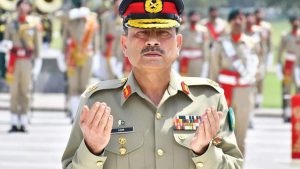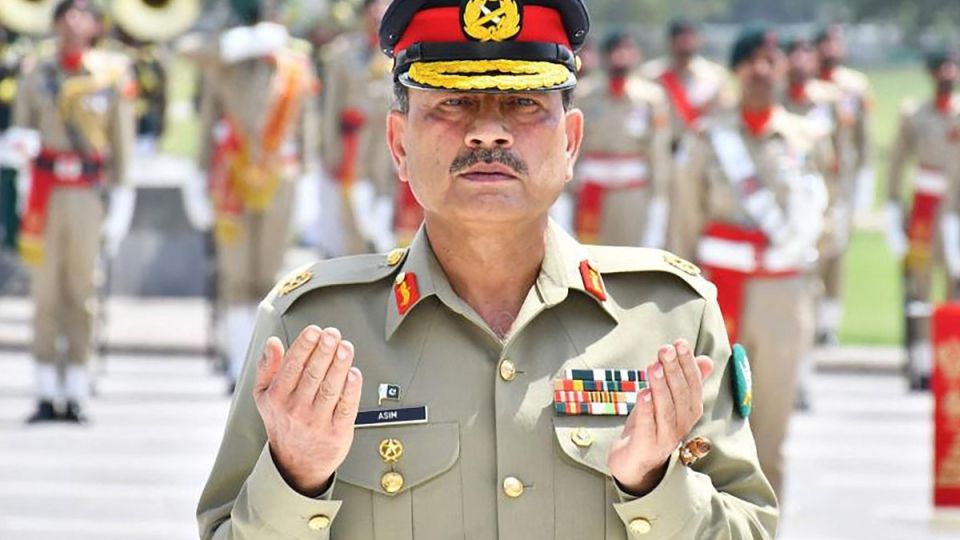WASHINGTON/KARACHI – Trump Pakistan army chief meeting U.S. President Donald Trump hosted Pakistan’s Army Chief Field Marshal Asim Munir in a historic solo meeting at the White House—without any senior Pakistani civilian officials present. The unprecedented visit raised diplomatic concerns, particularly in India, after Trump credited Munir with helping to de-escalate the recent conflict between the two nuclear-armed neighbors.
This meeting marked the first time a Pakistani military chief had met with a U.S. president in such a capacity, signaling a shift in U.S.–Pakistan military relations. Trump praised both Munir and Indian Prime Minister Narendra Modi for choosing diplomacy over escalation.
“I stopped a war. This man was vital from Pakistan’s side, and Modi from India’s. It could’ve gone nuclear,” Trump said during a press briefing.
Trump also highlighted his conversation with Modi the previous evening. “Modi is a great leader. I spoke to him last night—we’re finalizing a trade deal. I love Pakistan too,” he added.
India Denies U.S. Role in Ceasefire
India pushed back firmly. Foreign Secretary Vikram Misri clarified that the ceasefire agreement followed direct military dialogue between India and Pakistan, without any third-party mediation.
“India has never accepted mediation and never will,” Misri emphasized in a statement.
This diplomatic disagreement comes in the wake of major border clashes in April, when a deadly attack in Indian-controlled Kashmir killed 26 people. India blamed Pakistan-backed militants, though Islamabad denied involvement.
Although both countries later withdrew troops from key areas, tensions persist. India suspended cooperation under the Indus Waters Treaty and continues to resist calls for bilateral talks influenced by foreign powers. Tourism in Kashmir has also plummeted since the conflict escalated.
Pakistan Seeks Neutral Ground on Iran-Israel Crisis
While the ceasefire dominated headlines, insiders revealed that Munir urged Trump not to enter Israel’s ongoing war with Iran. Pakistan, which maintains sensitive ties with both Arab nations and Iran, is wary of any U.S. involvement that could destabilize the region further.
Pakistan also serves as Iran’s representative in the U.S., adding more weight to Munir’s behind-the-scenes diplomacy. Washington, meanwhile, appears to be encouraging Pakistan to normalize relations with Israel, a move that could spark internal resistance and strain Islamabad’s long-standing relationship with China.
U.S.–India Relations Face a Balancing Act
Analysts say Trump’s praise for Pakistan’s military and suggestion of U.S. mediation could hurt the growing U.S.–India strategic partnership.
“India will oppose any narrative that credits Washington with stopping the war,” said Michael Kugelman of the Asia Pacific Foundation. “Delhi believes it managed the crisis independently.”
As the global power dynamics shift, Trump’s high-profile engagement with Pakistan’s military leadership represents both a diplomatic win for Islamabad and a delicate test of U.S. neutrality in South Asia.

